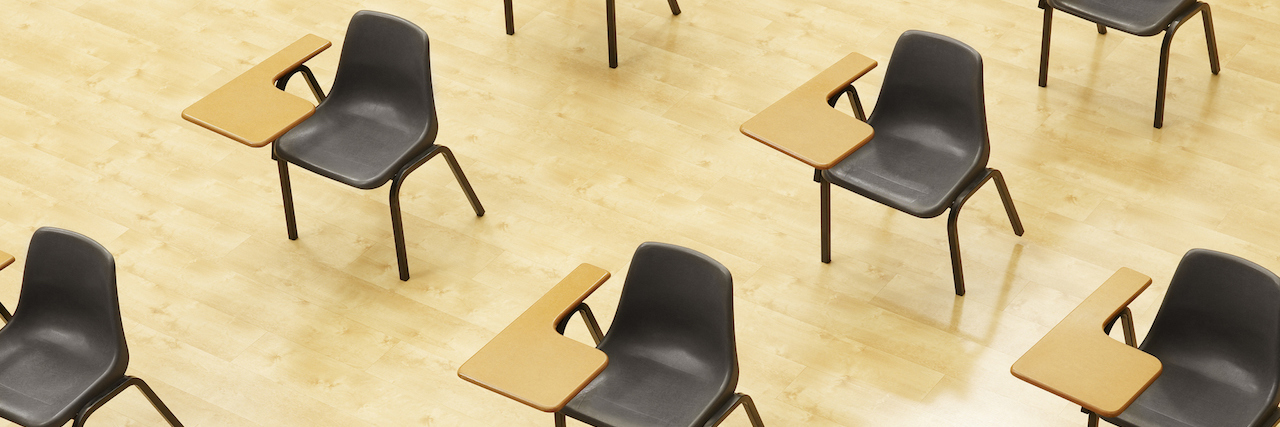What Florida Parents Should Know About COVID-19 and This Upcoming School Year
An executive order was recently signed by Florida’s Commissioner of Education, Richard Corcoran, mandating that schools must open next month.
The order states, “All school boards and charter school governing boards must open brick and mortar schools at least five days per week for all students,” subject to input from the Florida Department of Health and local departments of health.
And while the day-to-day decisions on opening or closing a school rest within that district, schools must submit their plan to the state. That plan must ensure all Florida students have access to the full array of services, including identification of achievement gaps that may have been exacerbated by COVID-19, including students with disabilities.
Written in the order is, “although it is anticipated most students will return to full-time brick and mortar schools, some parents will continue their child’s education through innovative learning environments.”
Private schools that accept scholarship students may also be required to submit a reopening plan to the Department of Education for review. What does “brick and mortar” mean? What are “innovative learning environments?” The uncertainly of the upcoming school year means many parents are asking these same questions.
Florida Student Education Options Defined
Brick and Mortar School – A public, charter or private school building that students attend in person five days a week for face-to-face instruction. This would be the traditional school setting pre-COVID-19.
Innovative Learning Environments – Often called “distance learning,” this is the education Florida students likely received after schools were closed in the Spring due to COVID-19. Students remain enrolled in their current public, charter or private school and receive their education through a combination of live online and independent assignments.
Virtual School – Virtual School is an online educational platform where students either enroll in Florida Virtual School or within their school district’s virtual education program. Students are not enrolled at an individual school campus.
Home Education – Home Education, or homeschooling, includes multiple options from parents creating programs of study, to using materials creating by companies that specialize in home education curriculum to using online or virtual education programs. Parents must register intent to homeschool within their local district.
Modified School Day – Some districts are offering a hybrid option where students attend the brick and mortar campus for a portion of the school day for core classes such as Math and Language Arts and take other courses from home in a distance learning setting.
The Districts Decide
Ultimately, even though the school district must provide a brick and mortar school option by August, each district will make choices based on what their local health officials and the state department advise. Decisions such as requiring social distancing, wearing face masks and grouping students, especially at the elementary levels into cohorts with little interaction with students from other classes, will not look the same across the state.
What all of this means is that each family should closely monitor their school district’s or private schools’ policies about the issues that matter to them the most for the upcoming school year.
If you have any questions, please reach out to us. Feel free to contact Amy Nielsen via email at anielsen@collaborativecorner.org or on our website at www.collaborativecorner.org.
For more on parenting during quarantine, check out the following stories from our community:
- What to Do When Your Child on the Autism Spectrum’s Routine Is Disrupted by the Coronavirus
- 25 Hilarious (and Sweet) Photos That Show What Parenting During COVID-19 Is Really Like
- What It’s Like Parenting a Medically Complex Child During the Coronavirus Outbreak
- Why I’m Inspired by This ‘Hard Email’ a Mom Sent About COVID-19 and School Work
Getty image via Chris Ryan

